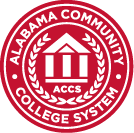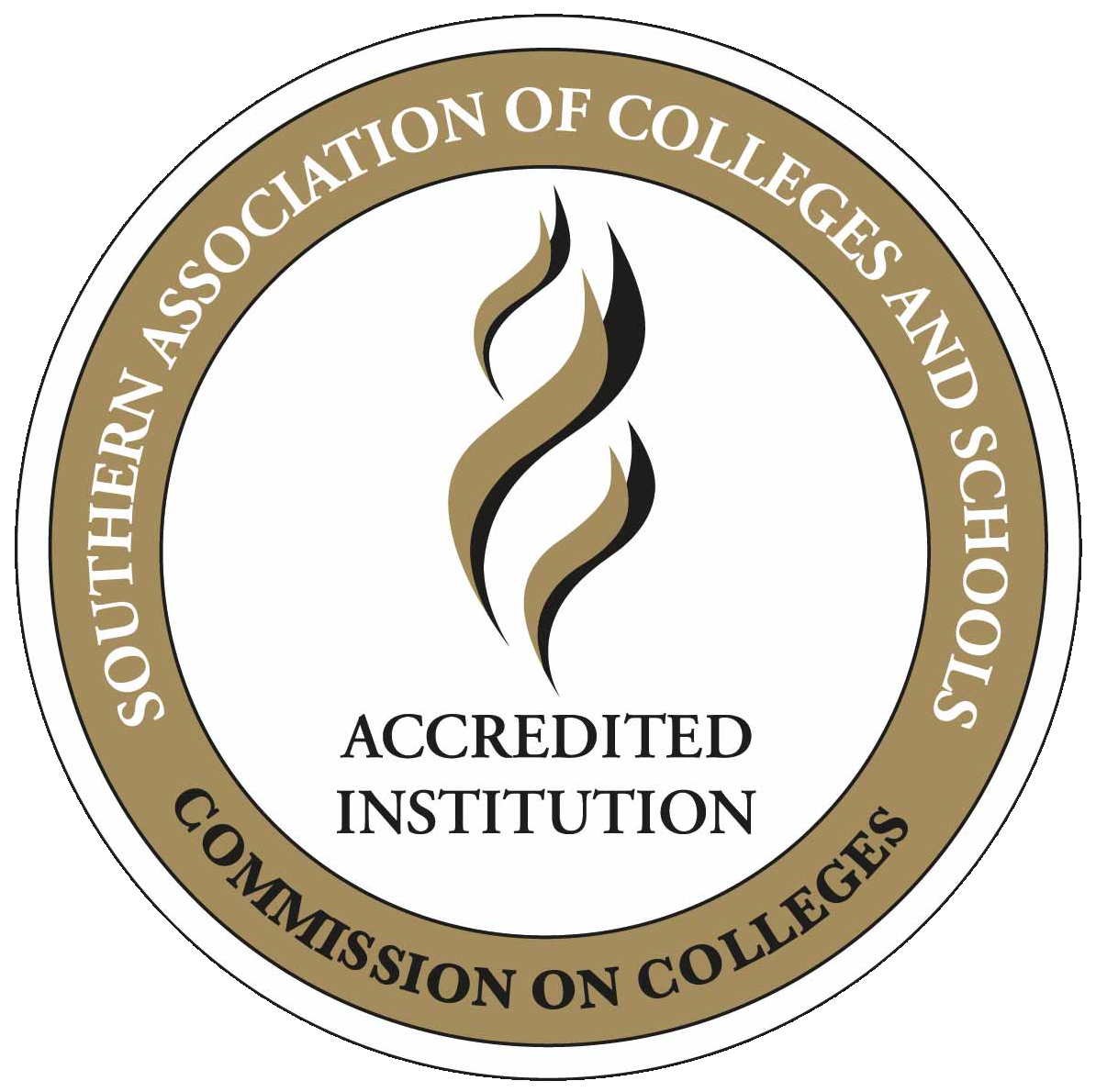Music (MUS)
MUS 101 Music Appreciation
3 semester hours
Prerequisite: None
Core Area II (Arts), THUM TFA AHUM
This course is designed for non-music majors and requires no previous musical experience. It is a survey course that incorporates several modes of instruction including lecture, guided listening and similar experiences involving music. The course will cover a minimum of three stylistic periods, provide a multi-cultural perspective, and include both vocal and instrumental genres. Upon completion, students should be able to demonstrate a knowledge of music fundamentals, the aesthetic/stylistic characteristics of historical periods, and an aural perception of style and structure in music. (F, Sp, Su)
MUS 110 Basic Musicianship
3 semester hours
Prerequisite: None AHUM
This course is designed to provide rudimentary music knowledge and skills for the student with a limited music background. Topics include a study of notation, rhythm, scales, keys, intervals, chords and basic sight singing and ear training skills. Upon completion, students should be able to read and understand musical scores and demonstrate basic sight singing and ear training skills for rhythm, melody and harmony. (F
MUS 111S Music Theory I
4 semester hours
Prerequisite: MUS 110 or suitable placement score or permission of instructor
AHUM
This course introduces the student to the diatonic harmonic practices in the Common Practice Period. Topics include fundamental musical materials (rhythm, pitch, scales, intervals, diatonic harmonies) and an introduction to the principles of voice leading and harmonic progression. Upon completion, students should be able to demonstrate a basic competency using diatonic harmony through analysis, writing, sight singing, dictation and keyboard skills. Laboratory included. (as needed)
MUS 112S Music Theory II
4 semester hours
Prerequisite: MUS 111S or permission of instructor
AHUM
This course completes the study of diatonic harmonic practices in the Common Practice Period and introduces simple musical forms. Topics include principles of voice leading used in three-and four-part triadic harmony and diatonic seventh chords, non-chord tones, cadences, phrases and periods. Upon completion, students should be able to demonstrate competence using diatonic harmony through analysis, writing, sight singing, dictation and keyboard skills. Laboratory included. (as needed)



